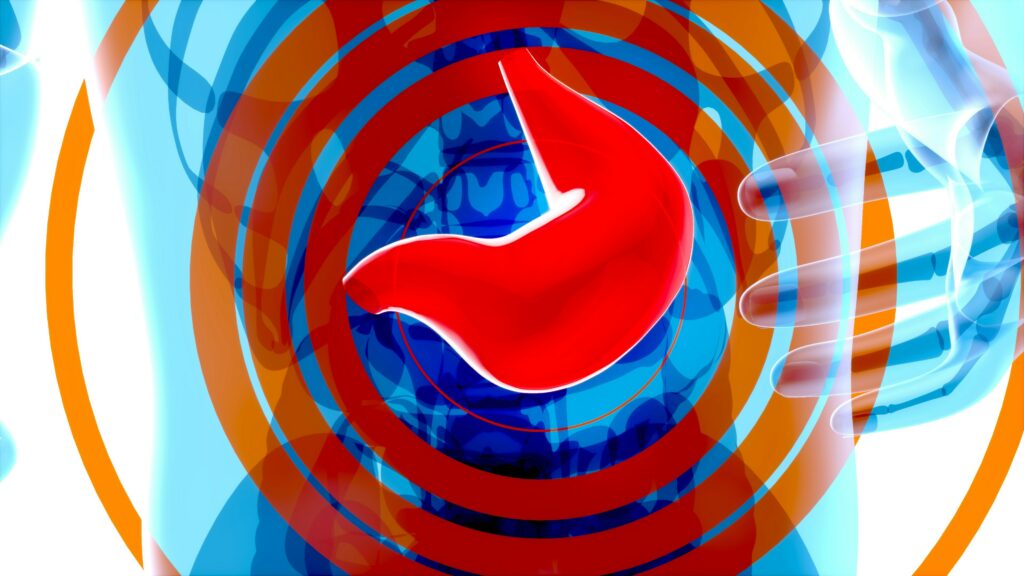Among the 19 projects selected as part of the 6th wave of « hospital-university research » accreditation, LIVER TRACK aims to improve the prediction of cirrhosis complications using extracellular vesicles as biomarkers Coordinated by Professor Pierre-Emmanuel Rautou, hepatologist and member of the Centre de Recherche sur l’Inflammation (Inserm Unit 1149/Université Paris Cité), LIVER-TRACK’s bold vision is backed by the France 2030 investment plan, which stems from the government’s desire to support investment and innovation in a number of promising sectors, including medical research.
Early detection of liver complications: a crucial challenge
Cirrhosis is a disease characterized by chronic damage to the liver, resulting in the destruction of liver cells and the formation of fibrous scars, gradually leading to the loss of function of this organ with its multiple vital functions: blood purification, digestion, storage and transformation of nutrients, secretion of hormones, etc. Estimated to potentially affect between 400,000 and 600,000 individuals in France, this is a so-called silent pathology: it often remains asymptomatic for long periods, and can eventually lead to two distinct types of complications:- The 1st encompasses a series of disorders known as decompensation, which can take the form of digestive haemorrhage or a significant accumulation of fluid in the abdomen, known as ascites, or cerebral disorders, known as hepatic encephalopathy;- The 2nd is liver cancer, manifested by an aggressive, anarchic proliferation of malignant cells, which is the 3rd most deadly cancer.
Early identification of individuals at risk of developing the symptoms and complications associated with this disease remains an essential public health challenge, all the more so as screening for liver disease is still not common enough. As Pierre-Emmanuel Rautou explains: « Identifying people at high risk of liver cancer will help to replace the standard six-monthly ultrasound screening for cancer with more effective bi-annual MRI scans. Similarly, as regards the predictive test for decompensation, high-risk patients would not be monitored by a GP or nurse, but would benefit from care by specialized hepatologists in hospital centers. » Ultimately, the LIVER-TRACK program will make it easier to offer patients a more personalized approach to medicine, by adapting the frequency and nature of follow-up examinations.
Extracellular vesicles, a biomarker of interest
The implementation of these predictive tests relies on the use of technological tools resulting from valuable collaborations between academic research and industry. The mainstay of this project is extracellular vesicles, tiny cell fragments released by distressed cells in the body. The capture of these little « bags », capable of transporting molecules outside cells, gives an indication of the location of organs and tissues in distress, making it possible to identify patients most at risk of cancer or decompensation. The results of this program will be validated in clinical trials involving over 4,600 patients. LIVER TRACK’s ultimate goal is to commercialize these tests, initially developed in research laboratories, for use in medical analysis laboratories. To achieve this goal, Pierre-Emmanuel Rautou and his colleagues will be joining forces with two industrial partners:- BioPredictive, a French bio-pharmaceutical company specializing in the sale of tests to assess liver fibrosis using a simple blood test, which plans to offer a new version incorporating these extracellular vesicles in the near future;- Abbelight, supplier of extremely powerful super-resolution microscopes capable of detecting these infinitely small vesicles.

